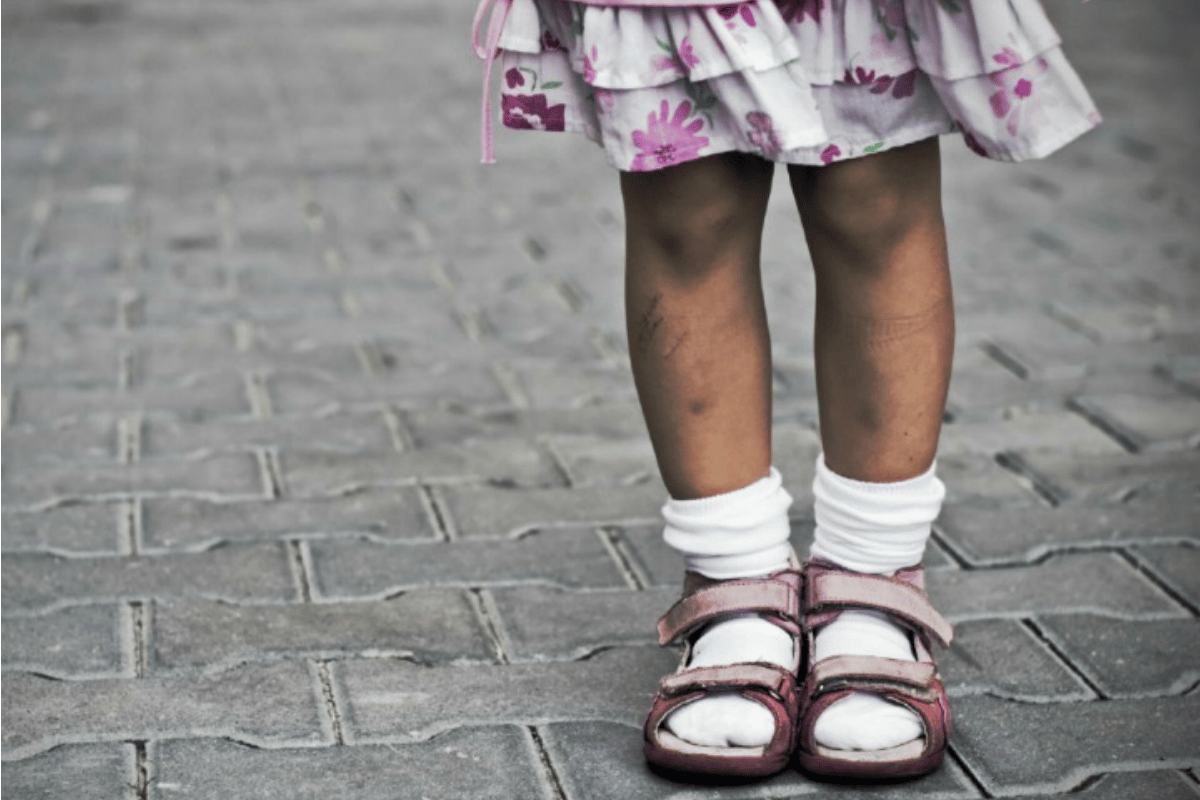
If all the unpaid care work done by women across the world was carried out by a single company, it would have an annual turnover of US $10 trillion – an amount equivalent to a turnover 43 times that of Apple, the world’s biggest company.
Let’s first put some context around this staggering figure, revealed by Oxfam last month as part of a paper that has brought into sharp focus the persistent economic divide that sees the rich continue to get richer while driving extreme poverty and global unrest.
Oxfam’s report, Public Good or Private Wealth, found inequality has climbed to dangerous new heights both here in Australia and abroad.
Oxfam Australia’s analysis of inequality in the context of our own nation found another record number of Australian billionaires, mostly men, increased their wealth to $160 billion last year – making a combined $100 million a day last year. The $36 billion spike in the total wealth of this privileged group of just 43 people in just one year is enough to fund about half the Australian Government’s total health budget this financial year. In Australia, the top one per cent continue to own more wealth than the bottom 70 per cent of all other citizens combined.
Watch: The two-letter word that connects women and girls everywhere. Post continues after video.
Across the world, inequality is out of control. In the past 10 years since the global financial crisis we’ve seen the number of billionaires nearly double worldwide, with a new billionaire created every two days between 2017 and 2018. Some 26 individuals now own about as much as the poorest half of humanity, which is about 3.8 billion people, yet wealthy individuals and corporations are paying some of the lowest rates of tax in decades.

Top Comments
Men also do plenty of unpaid work. They also in general work longer hours, do more overtime and work in dangerous, therefore higher paying jobs.
We live in a post-patriarchal society, not an equal one.
Feminists fought for the same rights and opportunities as men. I understand that at the time, masculine measures of success (wealth, power) were the height of human endeavour. However, at some point in an equal society (traditional) feminine measures of success (caring for others- especially the vulnerable, creating and maintaining functional groups) must be included in the mix.
In an equal society experience in being a long-term primary carer would not only be rewarded financially but with status. It would count towards being elected into parliament (and its absence punished) and gaining any job requiring time and people management.
Of course, if being a primary carer came with a salary, recognition, and was generally treated as an important job and not a hobby, then we would also see other things happening. There would be training and assessment, and merit-based appointment. Women wouldn't be the default primary carer. If men had the necessary knowledge and skills (which they would fight to attain), then they could compete to be the primary carer and so reap the short and long-term benefits of their decision.
In short, the mistake of the earlier feminists was assuming that because traditional female roles weren't as valued as traditional male roles, then female roles objectively have less value. They don't. Caring for children from birth to adulthood requires knowledge and skill. Caring for people who are sick and disabled requires knowledge and skill. Being female doesn't automatically grant carers the interest, knowledge, or skills necessary for the job any more than being male doesn't automatically grant builders, mechanics, and truck drivers the necessary skills and knowledge to do their jobs.